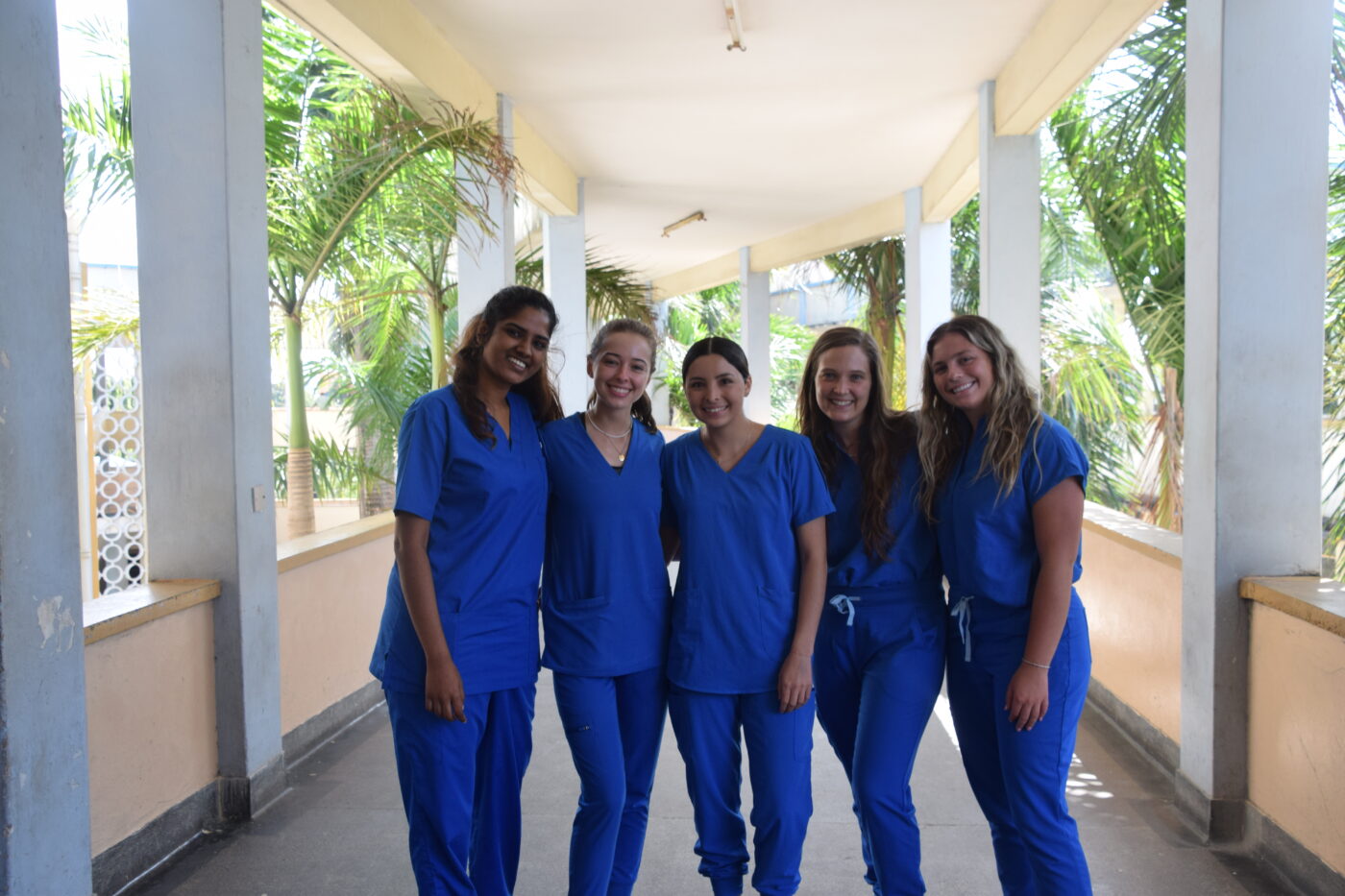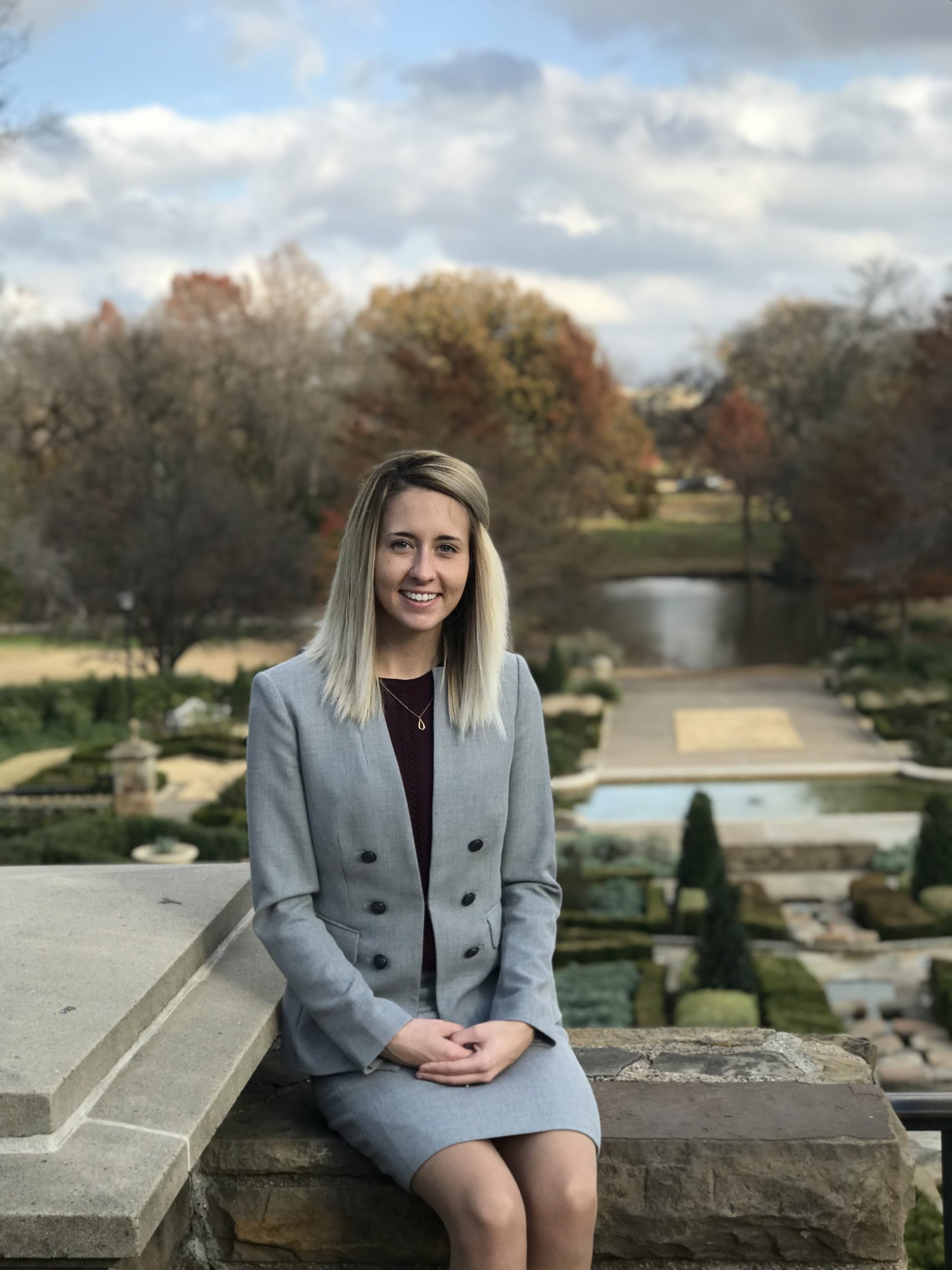Millennials are aged between 24 and 39, and the average age of students entering medical school and pursuing medicine as a profession is around 24. This means that around a decade from now, many health professionals treating patients will be from this generation. Millennials have a distinct set of characteristics that have made them the subject of media scrutiny. They are known as a generation with profound values that are meaning-driven and interested in sustainability, but also more desirous of a work-life balance. How are these values influencing this generation’s idea of what it means to be a doctor, and in what ways can these values benefit future patients?
Experience And Technology
In his article, “Lecture Halls without Lectures: A Proposal for Medical Education,” Dr. Charles G. Prober points out that medical education in this era can be better catered to younger generations if we “embrace a learning strategy that is self-paced and mastery-based and boosts engagement.” If the COVID-19 crisis has taught us one thing, it is that the education and work gap was significantly reduced through technology. Millennial medical students who value flexibility can ‘create’ more free time by combining practical experience with classes via Google Meets, Zoom, and other modalities that do not require daily commutes.
The Need For Feedback And Mentoring
Millennials are often criticized for being ‘praise junkies’; in other words, they are used to receiving positive feedback and may not react well to criticism. In research published in the Journal of Academic Ophthalmology, researchers argue that owing to this fact, mentors in hospitals from the boomer and Gen-X generations need to be clear with millennials from the very start, letting them know that they will be receiving negative as well as positive feedback with only one goal: that of making them better doctors. Peer mentoring and feedback, and group mentoring (in which one mentor works with a small group) can help reduce defensiveness, as can the creation of group social opportunities for mentors and students to get to know each other outside the workspace.
Working As Part Of A Team in Medicine as a Profession
The idea of being assessed and given feedback by peers is one that resonates with millennials because this type of feedback may already have been provided earlier on in their education. Millennials are also more likely to embrace group experiences. As reported by M Aaron, 20th century doctors were more autonomous and independent; they worked individually, researching and collating information before sharing findings with colleagues. Today’s physicians work in interdisciplinary teams and coordinate patient care on a daily basis. Millennials are therefore amenable to group projects, as they thrive on attaining team objectives.
The Importance Of Flexibility
Modern hospitals can consider finding innovative ways to offer doctors a better work-life balance, since this is one of the top values on millennial students’ priority lists. Ensuring that doctors are rested and physically and mentally recharged at work has benefits for patients, since good sleep and personal happiness can boost professional productivity and cognitive performance.
By the same token, medicine is, by its very nature, a field that can sometimes require long hours — especially when emergencies or crises are involved. Hospitals hiring millennial doctors need to openly and clearly stipulate policies concerning what staff are expected to do when children are ill, when spouses need assistance, when they need personal time off, etc. Hospitals can also do their share to ease the burden on medical professionals by offering at-work childcare, employee-friendly arrangements and flexible conditions.
The Importance Of Technology
Millennials are used to relaying key information (both personal and professional) via text messages, email and voice messages. Hospitals should lay out rules regarding etiquette when using online means of communication. However, they should also consider training staff regarding how to communicate in person with patients and older colleagues. Staff should also receive training on video conferencing tools and other tools their millennial colleagues are likely to use on a wide scale.
Millennials have so much to bring to the medical profession. One of the most important values they can share is the pursuit of meaning. Medicine is, by its very nature, a vocational profession, and attracting those who sincerely hope to make a positive difference can only be a good thing. Millennials crave flexibility, enjoy working in teams, and are heavily reliant on technology. Employers should take account of these characteristics, laying out clear rules so that nothing comes as a surprise to new members of their team.
The Evolving Role of Millennials in Shaping Medical Culture
As millennials become a dominant force in the healthcare workforce, their unique perspectives are influencing not only how medical education is delivered but also how patient care and workplace culture evolve. This new generation brings fresh ideas about purpose, collaboration, and holistic well‑being that are transforming traditional practices.
Redefining Success and Professional Fulfillment
Millennials are shifting the focus from traditional markers of success—such as long hours and hierarchical advancement—to a more balanced, purpose-driven career. They see professional success as more than a title or salary. Instead, this generation places value on making a tangible difference in patients’ lives, nurturing relationships with colleagues, and sustaining their own mental and physical health.
Unlike previous generations that often equated long work hours with dedication, millennials are championing the idea that true productivity comes from well-rested, emotionally and physically healthy practitioners. Many now advocate for revised evaluation metrics in healthcare settings that emphasize quality of care, patient satisfaction, and teamwork rather than just quantitative output. This shift is gradually influencing how hospitals structure performance reviews and bonus systems, aligning incentives with the values of a workforce that values personal well‑being as much as professional excellence.
Integrating Sustainability into Healthcare Practices
Another important value for millennials is sustainability—not just environmental stewardship, but also creating sustainable work environments that foster long-term career satisfaction. For millennial practitioners, sustainability means designing work schedules that prevent burnout, implementing practices that reduce waste in healthcare settings, and advocating for policies that ensure long‑term resource management.
Hospitals and clinics are beginning to incorporate sustainability into their operational philosophies by encouraging practices like “green rounds” (where sustainable practices are discussed as part of patient care) and reducing unnecessary administrative burdens. By promoting healthier work environments and more efficient resource management, millennials are influencing the industry to adopt policies that can lead to lower operational costs and better patient outcomes over time.
Medicine as a Profession and Embracing a Collaborative and Interdisciplinary Approach
Millennials are known for their ability to work in teams and their preference for collaborative problem-solving. In the context of modern medicine, this approach is revolutionizing how care is delivered. Rather than working in isolated silos, new practitioners are actively seeking opportunities to collaborate across specialties.
Enhancing Interdisciplinary Teams
One significant trend is the rise of interdisciplinary teams in clinical settings. Millennials are more likely to appreciate the value of integrating diverse expertise—from physicians and nurses to nutritionists and mental health professionals—to provide comprehensive patient care. This teamwork not only fosters a more holistic approach to treatment but also helps spread the workload, reducing the risk of burnout.
Moreover, as these professionals mature into leadership roles, they are setting an example for future generations by advocating for policies that promote collective decision-making. By encouraging regular interdisciplinary case conferences and shared decision‑making processes, they are helping to break down long‑standing barriers between departments and specialties
Peer Support and Mentorship
While the need for regular feedback and mentoring has been widely discussed, millennial healthcare professionals are now actively shaping mentorship models to create more peer-driven support systems. They are increasingly engaging in group mentoring and establishing peer networks that function both formally and informally. Such networks provide safe spaces for discussing challenges, sharing experiences, and even collaborating on research or quality improvement projects.
This emphasis on peer support creates an environment where continuous learning is embedded in everyday practice. New graduates feel more empowered to seek guidance from colleagues at all levels, not just senior staff. In turn, this culture of mutual support reinforces the collective drive toward excellence and compassionate care.
Championing Holistic Well‑Being for Practitioners and Patients
Millennials are changing the way medical professionals approach their work and how they view the relationship between a caregiver’s well‑being and the quality of patient care. The belief that healthier doctors lead to healthier patients drives many institutions to invest in wellness programs that focus on physical fitness, mental health, and stress management.
Wellness Programs and Work-Life Integration
Hospitals and healthcare systems are increasingly adopting wellness initiatives tailored to the needs of millennial staff. These initiatives might include on‑site mindfulness workshops, fitness challenges, and flexible scheduling options that allow practitioners to attend to personal needs without compromising patient care. The integration of such programs is seen as an investment in the long‑term health of both the workforce and the patients they serve.
For example, some institutions have initiated “wellness rounds” where medical teams take brief pauses throughout the day to engage in stress‑relieving activities. These practices not only help reduce stress but also foster a sense of community and shared purpose among staff members
Impact on Patient Care and Satisfaction
The holistic approach that millennials advocate for is also beginning to influence patient care. Healthcare providers who are well‑rested, supported, and engaged are better equipped to deliver empathetic and thorough care. Patients, in turn, experience a more attentive and comprehensive approach to treatment. This cycle of care creates a more positive feedback loop where improved practitioner well‑being directly contributes to higher patient satisfaction scores and better clinical outcomes.
The Future: A Healthcare System Reimagined
Looking ahead, the influence of millennial values on medicine promises to reshape the future of healthcare. Their focus on balance, sustainability, collaboration, and holistic care could lead to a system that not only prioritizes cutting‑edge treatments but also emphasizes the well‑being of both patients and providers. As these values permeate every level of healthcare—from medical education to daily practice—they are poised to create a more humane, efficient, and responsive system.
By embracing these new paradigms, healthcare institutions can attract and retain talented professionals who share a commitment to meaningful, sustainable, and patient‑centered care. This mindset shift might inspire policy changes that further integrate these values into the regulatory and operational frameworks of hospitals and clinics nationwide.
Millennials bring a fresh perspective to the medical profession—a focus on meaningful work, collaborative care, and sustainable practices that not only benefit their own well‑being but also have far‑reaching positive effects on patient care and institutional culture. Their drive to create a balanced and purpose‑driven healthcare environment is setting the stage for a future where both practitioners and patients thrive.





